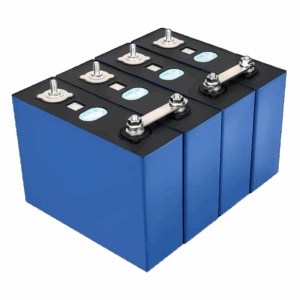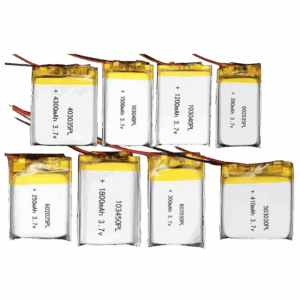Battery Types

Classification of Lithium Batteries
Lithium batteries come in various types based on performance, material, and application. They are classified into the following categories:
Classification by Practical Performance
Lithium batteries are divided into two categories: power-rate batteries and energy storage batteries. Power-rate batteries, with high energy density and the ability to discharge at high currents, are ideal for applications requiring high power output, such as electric vehicles. Energy storage batteries, on the other hand, are designed for applications requiring lower discharge rates, like backup power systems.Classification by Electrolyte Type
Lithium-ion (Li-ion) and lithium polymer (LiPo) batteries use different electrolytes, either liquid, colloidal, or solid. Li-ion batteries use liquid electrolytes, while LiPo batteries employ polymer-based electrolytes, providing a safer, more flexible form factor.Classification by Positive Electrode Material
Lithium batteries use a variety of positive electrode materials such as lithium cobalt oxide, lithium manganese, and lithium iron phosphate (LiFePO₄). These materials are chosen for their electrical conductivity, stability, and capacity to improve battery efficiency.Classification by Appearance
Batteries are classified based on their packaging, such as cylindrical, soft pack, or square batteries. Cylindrical batteries are commonly used in applications requiring compact and durable designs, while soft pack batteries are used in lightweight, flexible devices like smartphones and drones.
Common Applications of Lithium Batteries
Digital and Daily Use: Found in products like smartphones, tablets, laptops, digital cameras, and power banks.
Power Applications: Used in electric vehicles (EVs), e-bikes, electric scooters, and energy storage systems.
Energy Storage: Essential for solar energy systems, UPS systems, and off-grid power systems.
Why Lithium Batteries?
High Energy Density: Lithium batteries can store more energy per unit weight, with densities ranging from 460-600Wh/kg.
Long Lifespan: Lithium batteries have a long cycle life, with some lasting up to 10,000 charge cycles.
High Voltage: Li-ion batteries, particularly ternary lithium batteries, deliver a higher voltage output, making them efficient for high-power applications.
Self-Discharge: Lithium batteries have a very low self-discharge rate (less than 1% per month).
Lightweight: Lithium batteries are 1/5th to 1/6th the weight of lead-acid batteries, making them ideal for portable devices.
Green & Safe: Lithium batteries are environmentally friendly, with low toxic materials, and offer better recyclability than other battery types.





